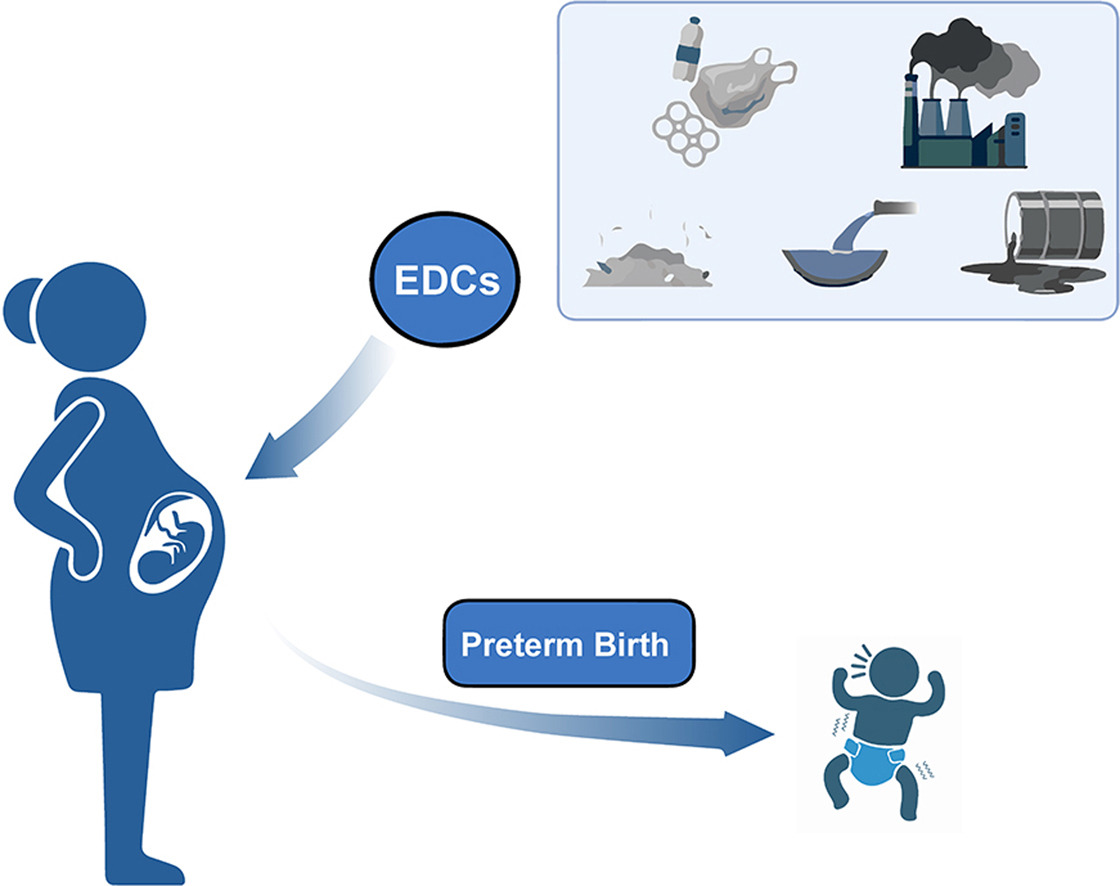News

Impacts of maternal exposure to endocrine disrupting chemicals
Could exposure to phthalates during pregnancy increase the risk of premature birth? A study published last week which carried out a systematic review of prior studies may hold some of the answers.
Researchers took an in-depth look at associations between premature birth and maternal exposure to metals and phthalates. Filtering from a database of over 2000 previous studies, the researchers focused on 59 studies and examined the impacts of exposures to lead, cadmium, copper, and manganese, and a wide group of phthalates on pregnancy outcomes. The study concluded that exposure during pregnancy was associated with a higher risk of premature birth.
Exposure to phthalates and hormonal balances in pregnancy
A further study of women visiting antenatal clinics in Tennessee, USA analysed levels of maternal exposure to phthalates and if changes could be detected in the hormonal actions of the placenta following exposure to this everyday chemical. They recorded levels of placental corticotropin-releasing hormone (CRH), a key hormonal marker during pregnancy, and indicator for healthy pregnancy and child development outcomes.
By measuring levels of CRH over 1000 women twice during their pregnancy, they found some relationships between exposure to phthalates and adverse impacts on natural CRH levels. They concluded that phthalates may impact the levels of CRH secreted by the placenta during pregnancy, and at different stages during pregnancy. They noted some differences in women with gestational diabetes and hypertension, hinting at a possible causal relationship, but more research is needed to examine these relationships further.
With over 1000 women taking part in the study, this is the largest of its kind to date.
Should phthalates be avoided during pregnancy?
Both studies point towards pregnancy complications as a direct result of exposure to phthalates, a known endocrine disrupting chemical. This suggests that women might be well advised to reduce their exposure to products containing phthalates, for example toiletries, scented candles, and household cleaning products.
Read more about how to reduce your exposure to endocrine disrupting chemicals.
Graphic credit: Science Direct






